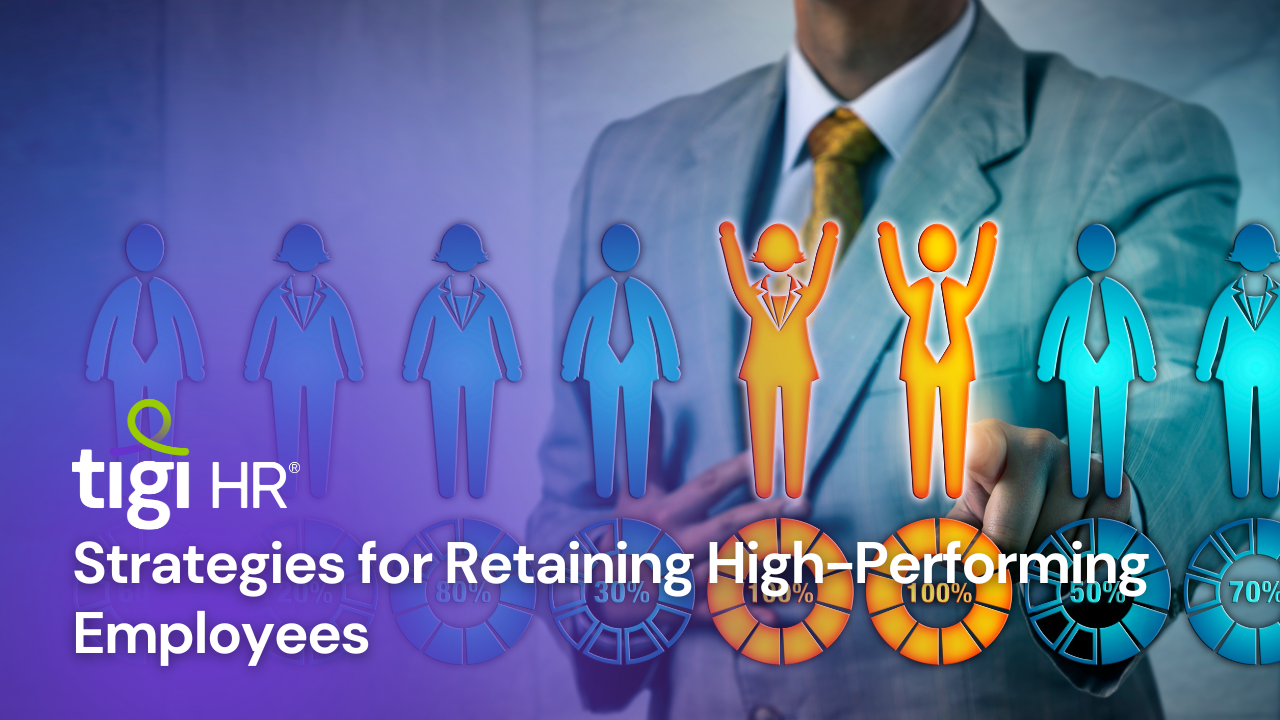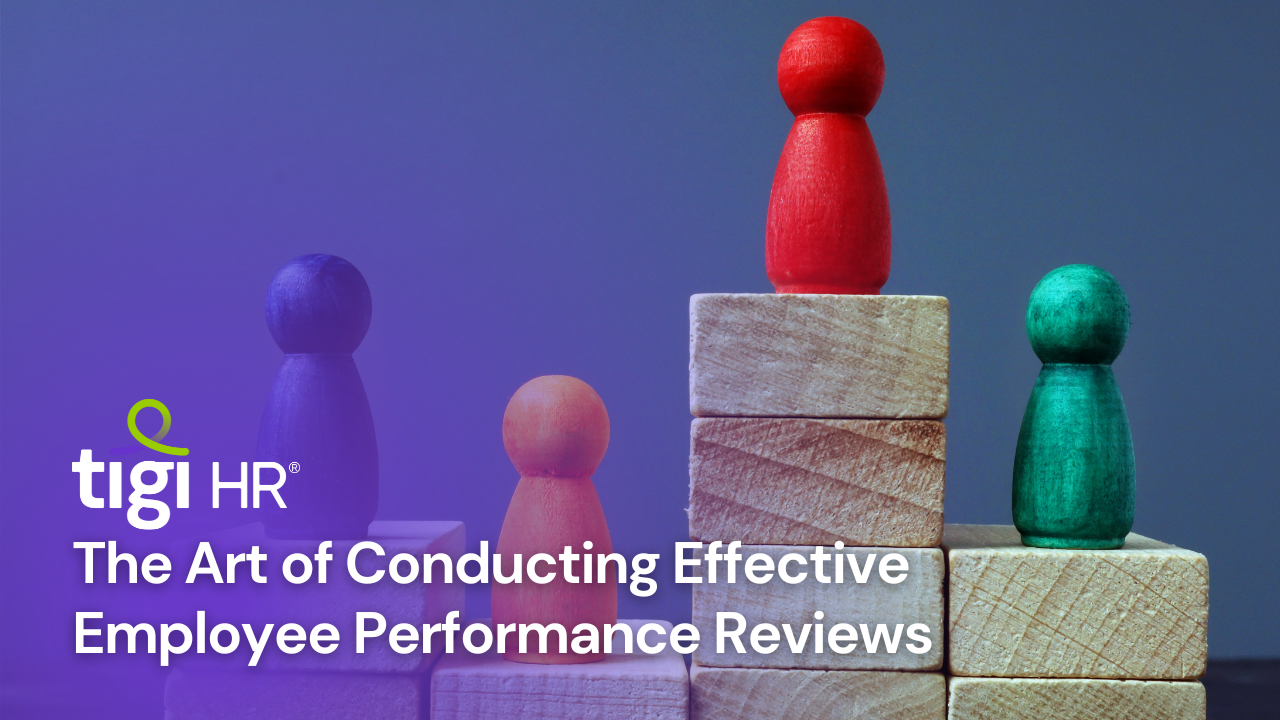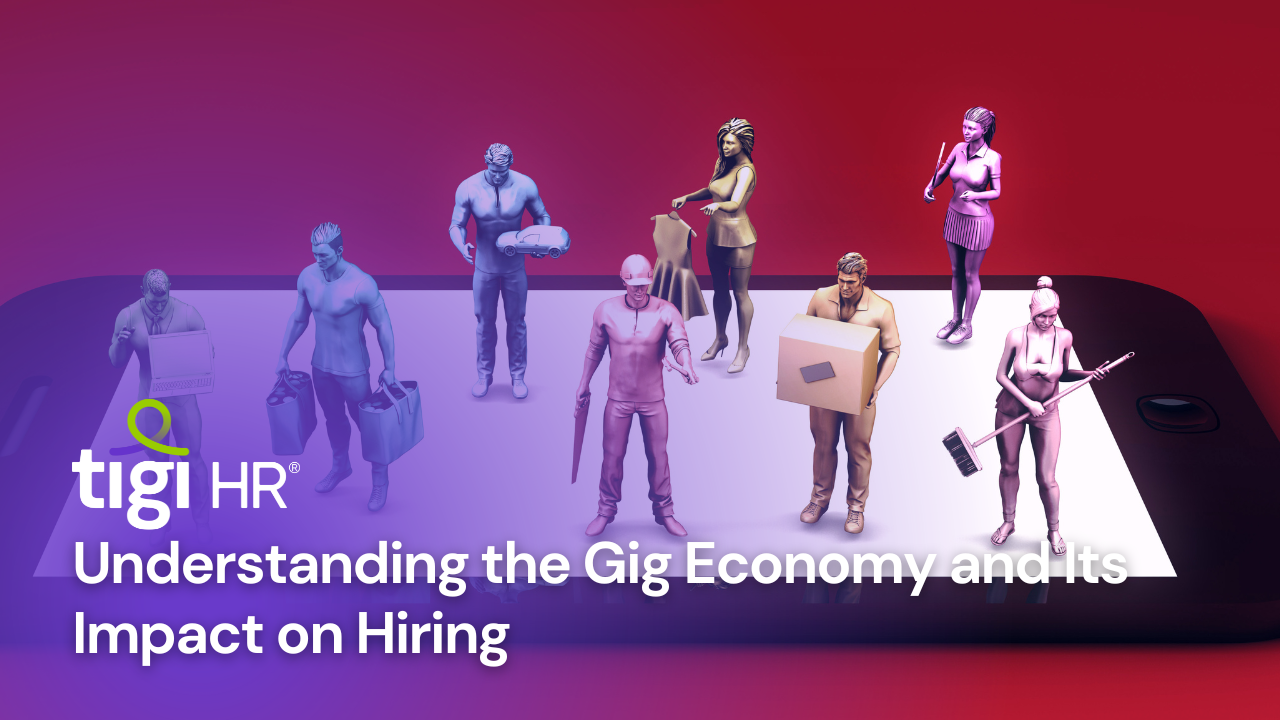Navigating the dynamic landscape of talent acquisition, organizations are increasingly turning to external recruitment vendors to fulfill their staffing needs efficiently. The process of selecting the right vendor is pivotal, as it directly influences an organization’s ability to attract top-tier talent seamlessly. In this comprehensive guide, we delve into the critical steps and considerations essential for selecting effective recruitment and hiring vendors.
**Understanding Your Hiring Needs:**
A solid foundation begins with a clear understanding of an organization’s hiring needs. Identifying the roles, skill sets, and specific challenges within your industry sets the stage for aligning with a vendor that specializes in your unique niche.
**Vendor Expertise and Specialization:**
Recruitment vendors come with diverse expertise. Evaluating their track record and specialization ensures alignment with your industry’s nuances. Opting for a vendor with a proven history of placing candidates in roles similar to yours enhances the likelihood of success.
**Technology Capabilities and Innovation:**
In an era of digital transformation, technology is a game-changer in recruitment. The evaluation of a vendor’s technology capabilities, including advanced tools such as AI-driven analytics and applicant tracking systems, can significantly streamline the hiring process and elevate candidate quality.
**Assessing Vendor Reputation and Track Record:**
Reputation is a key indicator of reliability. Scrutinizing online reviews, testimonials, and case studies provides valuable insights. Seeking references from other organizations adds a real-world perspective to a vendor’s track record.
**Compliance and Ethical Practices:**
Ethics and compliance with legal standards are non-negotiable. Ensuring vendors adhere to labor laws and anti-discrimination regulations, while maintaining ethical candidate selection processes, builds a foundation of trust.
**Cost and Contractual Transparency:**
While cost is a significant factor, understanding pricing models and contractual terms is equally crucial. Transparency in contracts and a comprehensive evaluation of the overall cost-effectiveness ensure a mutually beneficial partnership.
**Communication and Collaboration:**
Effective communication is the bedrock of a successful partnership. Vendors that communicate openly, listen to organizational needs, and collaborate effectively are more likely to align with overarching goals.
**Scalability and Flexibility:**
Organizations evolve, and so do their hiring needs. Choosing a vendor capable of scaling services to accommodate evolving requirements and adapting to changes in demand and business priorities is a strategic move.
**Data Security and Confidentiality:**
In an era of cyber threats, safeguarding sensitive candidate data is paramount. Vendors must demonstrate robust data security measures and a commitment to confidentiality, aligning with data protection regulations.
**Performance Metrics and Continuous Improvement:**
Data-driven decision-making is crucial in recruitment. Establishing clear performance metrics related to time-to-fill, candidate quality, and other relevant factors facilitates continuous improvement in the recruitment process.
This guide equips organizations with a roadmap for selecting recruitment and hiring vendors effectively. From understanding hiring needs to embracing technology, ensuring compliance, fostering communication, and prioritizing scalability, these considerations position organizations to make informed decisions. In an era where talent acquisition is a competitive advantage, this guide empowers organizations to forge partnerships that contribute to long-term growth and competitiveness in the talent market.











